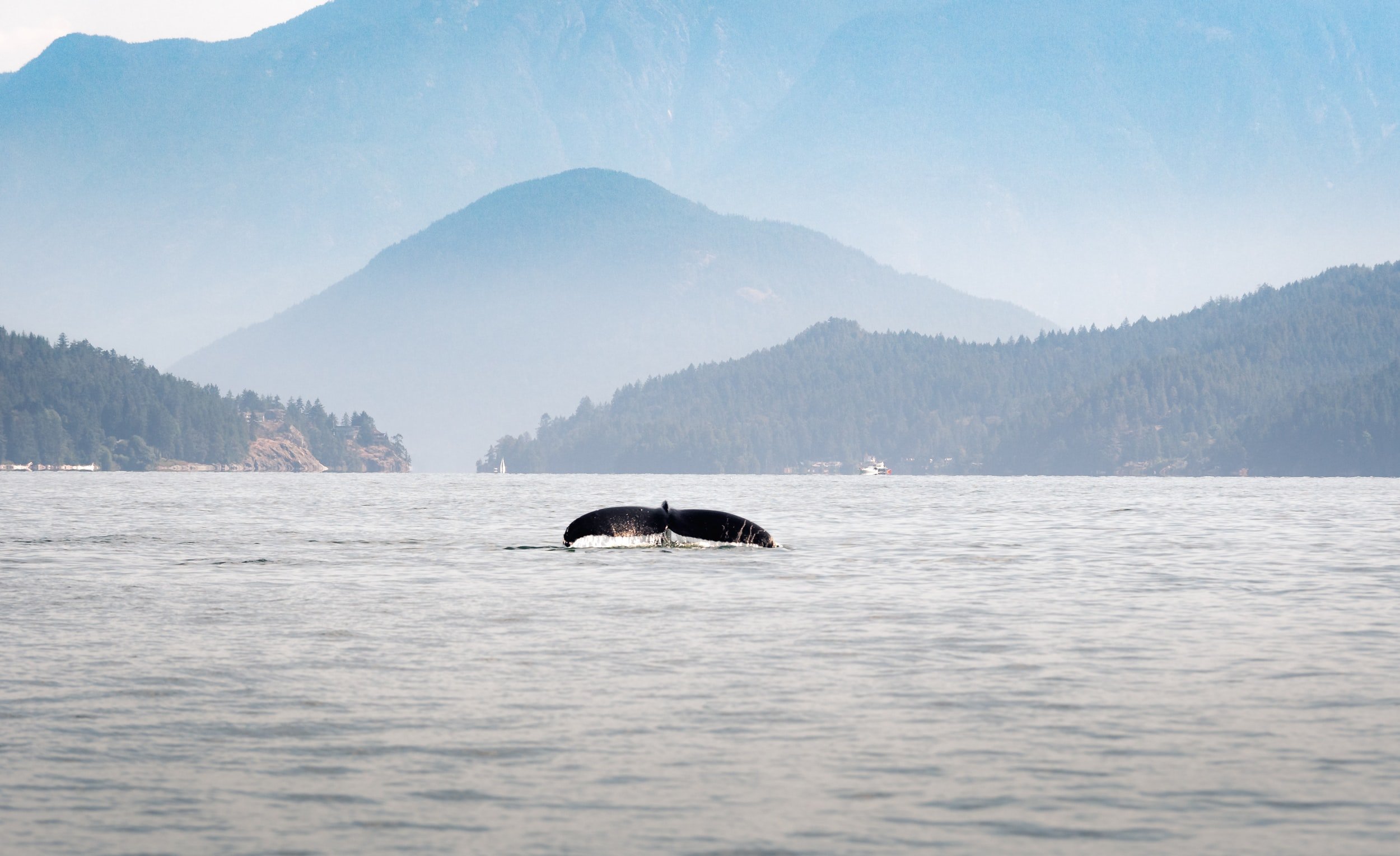
Our Work
Surfrider Foundation Canada Chapters have an impressive track record of environmental innovation in diverse Canadian coastal communities.
SFC cultivates a supportive atmosphere where our volunteers can emerge as environmental leaders in their communities. Our theory of change is based on the idea that if we grow environmental capacity on the ground in communities by training and investing in a collective of individuals, we will create the political will necessary to increase support for pollution prevention, coastal protection, and environmental awareness provincially, nationally, and internationally. Our focus is on plastic pollution, clean water, coastal preservation, ocean protection, and beach access. Here’s a snapshot of our achievements and current priorities:
Plastics Reduction
Plastics are all around us and a part of our everyday lives. Some plastic is beneficial and serves a specialized purpose including its use in vehicles, computers, and many medical applications. However, single-use plastics which are used for a few minutes and then discarded, have created a major pollution problem. Our ocean is filling up with plastic trash - choking fish, birds, turtles, and whales. It is even entering the human food chain in the form of microplastics. Plastic isn’t made to pollute the ocean, but up to 11 million tons of plastic still enter marine waters each year. Much of it starts out on land from overflowing landfills or as litter on our beaches, streets, and sidewalks that are swept into storm drains, creeks, streams, and rivers — all leading to the ocean.
We must change the current flow of plastic pollution by stopping plastic at the source - advocating for better product alternatives and switching to reusables for our everyday needs. We encourage individuals, industry, and governments to protect our ocean, waves, and beaches by moving away from unnecessary single-use plastics. Surfrider Foundation Canada and its Chapters focus their plastics reductions work in several key areas.
Banning Plastics
The District of Tofino and District of Ucluelet banning single use plastic straws, bags, cutlery, and polystyrene takeaway containers. The City of Victoria banning plastic bags.
Over 120 businesses registered as Ocean Friendly on Vancouver Island
Federal legislation banning plastic microbeads in consumer products; a result of Surfrider Vancouver’s 2014 campaign to “Ban the Bead.” In March 2015, the federal government unanimously passed a resolution to add microbeads to the Canadian Environmental Protection Act’s Schedule 1 List of Toxic Substances.
Unanimous House of Commons support for MP Gord John’s Motion-151 calling for a national plan for tackling plastic pollution in December, 2018.
Provincial policy recommendations for addressing plastic pollution and waste introduced by Surfrider Foundation Canada at the 2019 CleanBC Plastics Action Plan press conference alongside Minister of Environment George Heyman.
COASTAl cleanup
Innovators in undertaking remote beach cleanup operations, pioneering this work since 2011
One of British Columbia’s most consistent cleanup organizations, collecting over 80 tonnes of plastic marine debris during Surfrider urban, local, and remote shoreline cleanups since 2011 across the lower mainland, Gulf Islands and Vancouver Island.
Joining British Columbia’s largest coastal cleanup effort through the Clean Coast, Clean Waters initiative that took place in 2021 across the entire coast of British Columbia, resulting in the removal of over 500 tonnes of debris.
ENVIRONMENTAL MONITORING
Surfrider Vancouver Island has been conducting water quality monitoring in Victoria and the surrounding region since 2013, and the data from this program supported their efforts campaigning for a wastewater treatment plant.
Monitoring of pre-production plastic pellet (nurdle) pollution escaping into the environment from production facilities along the Fraser River affecting the lower mainland of BC, the Gulf Islands and Vancouver Island, began in 2019 and is ongoing.
Using the results of our environmental monitoring to inform our strategic priorities and targets for our advocacy.
Ocean Protection
Our ocean faces growing challenges from pollution, habitat loss, development, and climate change. If that wasn’t enough, expanding industries such as offshore oil drilling, renewable energy, shipping, and aquaculture threaten to crowd our oceans and degrade the health of the ecosystem.
Surfrider Foundation Canada works to protect our ocean and address the dangers to it, today and in the future. Our Ocean Protection Initiative includes addressing gaps and issues with Canada’s spill response regime for cargo container spills and participating in regional ocean planning in British Columbia.
Cargo Container Spills
Surfrider Foundation Canada Chapters have been on the frontlines of marine debris mitigation efforts in B.C. for many years, including container spill response.
In 2016, Surfrider Pacific Rim Chapter mobilized volunteers, liaising with various government agencies and First Nations partners to execute debris removal efforts from the Hanjin Seattle cargo container spill, which lost 35 empty containers near the mouth of Juan de Fuca Strait.
In 2021, Surfrider Pacific Rim Chapter again mobilized volunteers to respond to shoreline debris created by 109 containers that were lost from the Zim Kingston cargo ship off the west coast of Vancouver Island.
In March 2022, SFC testified to the Standing Committee on Fisheries and Oceans on cargo container spills, providing key recommendations for government to consider that would improve response to these terrible events.
In October 2022, the federal government released a report on cargo container spills that included several recommendations for future policy, including the contributions from Surfrider Canada
Regional Ocean Planning
In November 2020, the Province of B.C. announced a commitment to develop a provincial Coastal Marine Strategy to better protect the health of the ocean and build a sustainable ocean economy. This Strategy will be the first of its kind in B.C.
SFC has been identified as a key stakeholder and invited to participate in several targeted focus groups to listen to its voice and perspective on the future of ocean management in B.C.
SFC will continue to engage the Province of B.C. on the development of the Strategy, ensuring issue like protected area planning, pollution prevention and climate change adaptation (e.g. sea level rise) receive adequate attention.
Have a suggestion? Let us know!
Fill out the form to submit your recommendations for events, campaigns, programs and/or operations.





